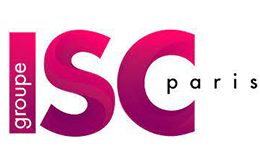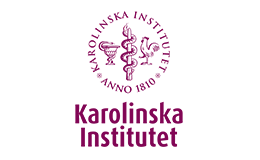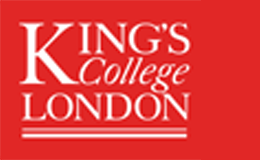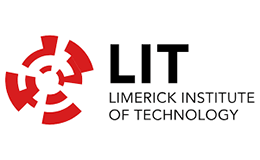What are the requirements to study in France?
I AM AN AVERAGE STUDENT. CAN I STUDY IN FRANCE?

I AM AN AVERAGE STUDENT. CAN I STUDY IN FRANCE? (REQUIREMENTS TO STUDY IN FRANCE)
- As an aspiring international student, you must understand that there is no one criterion, skill, or qualification on which abroad universities gauge their applicants.
- Universities in France have a wide variety of programs to choose from. Similarly, they have different requirements for different programs. However, there are no such requirements where you cannot apply as an average student.
- Apart from the average GPA of a student, the admission authorities also check personal interests, involvement in sports and cultural activities, professional experience(if any), SOP, LORs, etc while choosing a candidate. So, if you think your GPA is average, strengthen your other areas that are also related to your course/program.
- Universities in France do not always focus on your grades, rather they are in search of candidates having all-round development and skills that would help enhance their college community. You can also briefly describe your goals, competitions, or activities where you excelled in your SOPs.
However, as an average student you must fulfill the minimum requirements.
Now, let’s check the general requirements for studying in France: -
Requirements to study in France
Admission Process
In most of the cases, you have to apply online through university websites for admissions. Initially, you have to go through the university websites where you will find all the details of the admission process. You have to make an account on the official website of the universities you choose and then fill up the required information along with scanned documents and apply them by paying application fees. Further details about the admission process will be informed to you through this account.
General steps to follow for applying for admissions are: -
1. Research for colleges and universities for your desired course/subject.
2. Narrow down your options and contact or visit their official websites for detailed information.
3. Check eligibility from the details of respective universities
4. Take the required entrance exams like GRE/GMAT
5. Take the required language tests (TOEFL or IELTS)
6. Apply to the chosen shortlisted universities
7. If shortlisted, you might have to give an interview.
8. If your application is accepted, initiate the visa procedure.
- Exams required for French Universities
Generally, international students have to provide proof of their French language proficiency.
- TCF (Test knowledge of French) and Le TEF (French Assessment Test) are standardized language tests required for admissions in France.
- DELF and DALF are diplomas in the French language that are granted by the French ministry of education to non-French candidates.
English Language proficiency tests accepted in France are: -
- TOEFL IBT
- IELTS Academic
- PTE Academic
-Some universities also demand scores of GMAT, GRE, and LSAT during admission.
The scores of these exams are crucial during the acceptance of your admission application, so you must start preparing and registering for these tests. Also, scoring high in these exams might help you with getting scholarships.
- Finances
Financing your abroad studies is always a concern and risky step for students and their parents. Whether you are arranging money individually or through loans or some financial aid, it is better to know how much finances you need to be prepared with. Non – EU international students have to pay an average of $3800 /year for bachelor's and master's programs and $450/ year for doctorate programs in public universities. Private universities have higher tuition costs that can range between $3500 - $24,000/ year. Tuition fees at business schools are in the range of $6000 - $36,000/ year irrespective of the degree level. For living in France, you will at least need around $950/month to cover up your regular expenses. In cities like Paris, living costs can go up to $1750/month. Other costs like student visa charges, application fees, standardized test fees, and travel costs can vary depending on various factors. Based on these figures, you can plan your tentative budget for studying abroad.
- Documents required
A general list of documents while planning for studying must include the following:-
- Online Application form: - The form can be obtained from the official website of the selected universities. The form includes academic information and a summary of your previous educational courses and personal information.
- Academic Transcripts: - Transcripts include details of your educational background, your mark sheets, special achievements, etc. You can get these from your previous school/college on request.
- Academic Resume: - Some universities may demand a professional resume showing your personal, academic, and work details.
- Letters of Recommendation (LOR): - Generally, 2 or 3 letters are required to submit before the deadline prescribed by the university. These may include your academic strengths, hidden potentials, teamwork, and technical skills, etc that are to be filled by your professors or employer/managers.
- Statement of purpose (SOP): - Your statement of purpose should represent your interest, reasons for joining the course specifically, future academic goals, Scientific and research interests, and motivations for further studies.
- Standardized tests: - GRE and GMAT score reports have to be attached along with the application (if applicable). English Proficiency tests like TOEFL, IELTS, and SAT are required for applicants whose native language is not English and who do not have a bachelor’s degree from a US university where English is the fundamental language of instruction.
-French language tests: - If demanded by the university, you need to submit scores of French proficiency test scores of TCF, Le TEF, DELF or DALF, etc.
- Other certificates or achievements: - You can also include certificates of achievements and work experience (if any).
- Health Insurance: - Health insurance is essential for an international student in France. It is also advised as safety for students by the French government.
- Proof of funds: - You may also be required to present receipts of available funds or bank statements to authorities to make sure you can take care of the living and tuition costs.
- Passport: - You must have a copy of your passport ready before applying for abroad studies.
Note: - All the photocopies of the documents (Mark sheets, scorecards, etc) attached by you should be attested copies.
If you wish to study abroad, please connect with Whizstorm for the best international career plans.



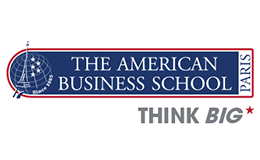
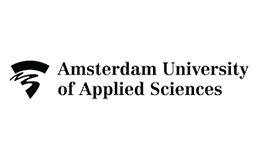
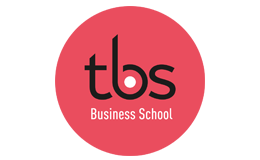
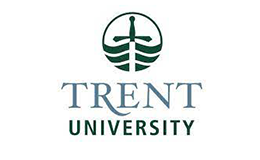
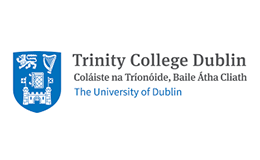



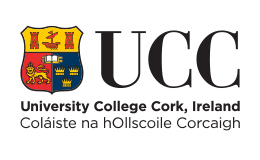

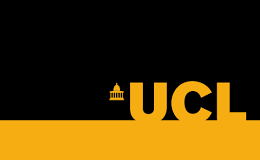

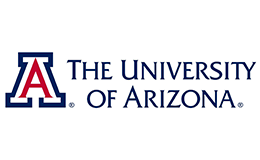
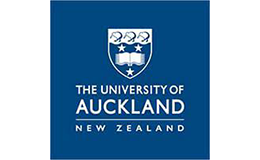

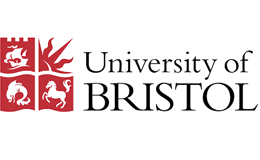
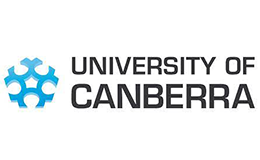

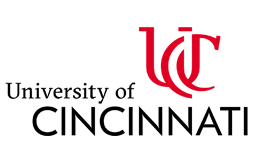
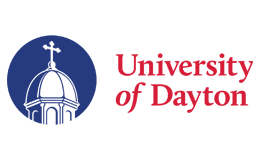

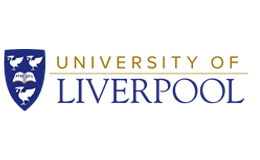

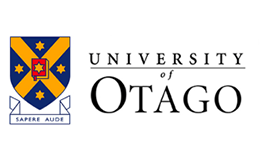
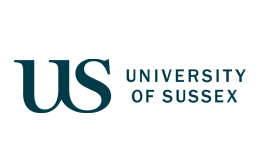
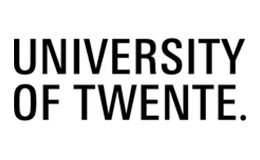
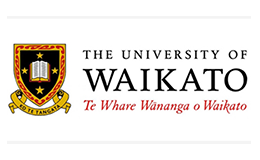
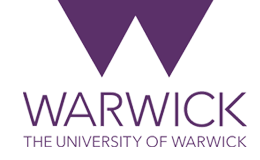
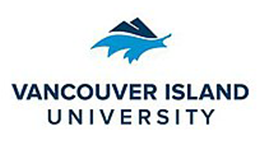
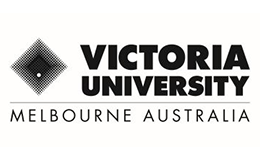

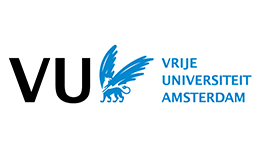


.png)
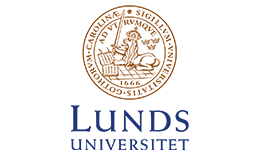
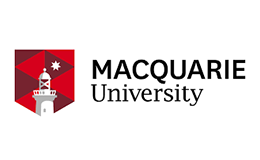
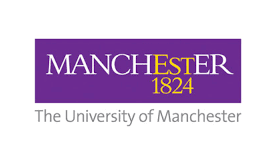

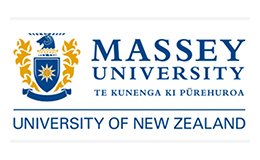
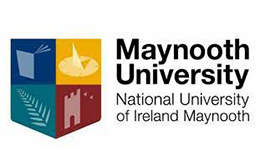

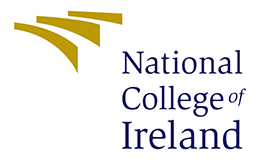
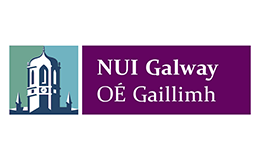
.png)



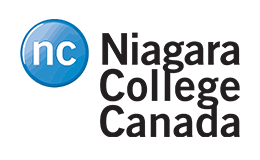
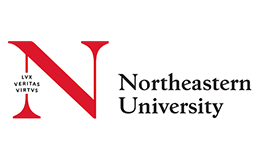


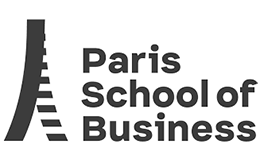




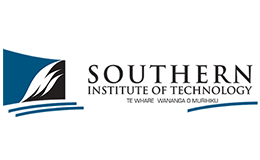


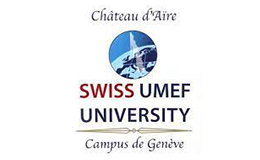
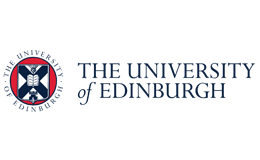

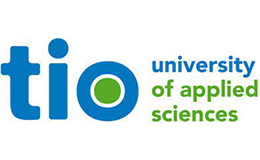

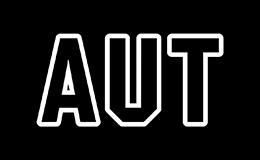
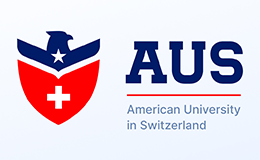
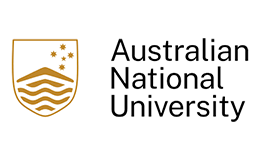
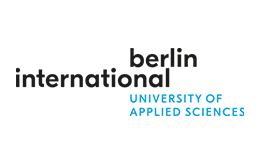
.png)
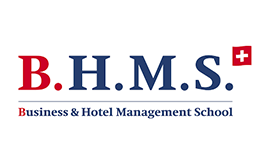


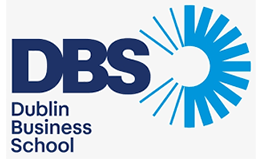


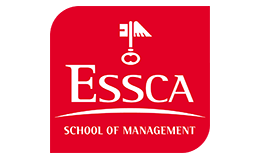



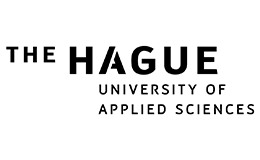
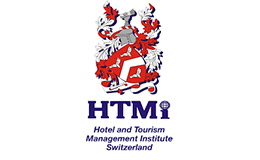



.png)
